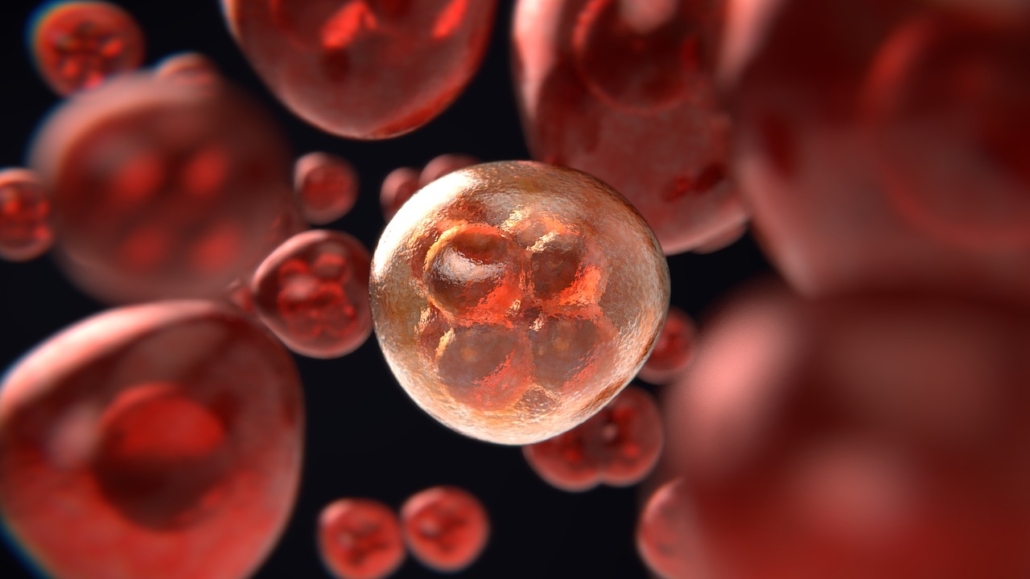
New stromal target overcomes cancer resistance
British researchers have identified several small molecule drugs that sensitized B cell cancers to chemotherapy and extended survival in mouse models.
According to Eugene Park at University of Cambridge and colleagues, the treatments, which undercut pathways in the tumour microenvironment that shield cancer cells, could improve how patients with B cell malignancies such as chronic lymphocytic leukemia respond to standard chemotherapies. Drug resistance is one of the largest obstacles in the treatment of B cell malignancies, as many patients tend to relapse after receiving treatment. This resistance arises at least in part due to the complex microenvironment of the tumor stroma – the collection of tissue and cells that supports the growth of the tumour.
In this study, Park et al. zeroed in on the role of PKC-?, an enzyme expressed on the surface of stromal cells. They analysed a mouse model of chronic lymphocytic leukemia and discovered that PKC-? in bone marrow stromal cells was essential for the survival of the tumour cells – mice that lacked the enzyme had almost no malignant cells in the bone marrow.
Cell culture experiments showed that the stromal cells granted the leukemia cells resistance to the approved treatments venetoclax and fludarabine. However, the researchers found that inhibiting PKC-? with enzastaurin, sotrastaurin or midostaurin sensitized malignant B cells to venetoclax, and combining enzastaurin and venetoclax led to better tumor killing and outcomes in mice.Central to the stroma-mediated drug resistance is the PKC-?-dependent activation of transcription factor EB, regulating lysosome biogenesis and plasma membrane integrity.
Park et al. conclude that PKC-? inhibitors or other therapies directed at stromal cells could help head off therapeutic resistance to established treatments for B cell cancers.



 adobe.stock.com - ipopba
adobe.stock.com - ipopba BioDlink
BioDlink